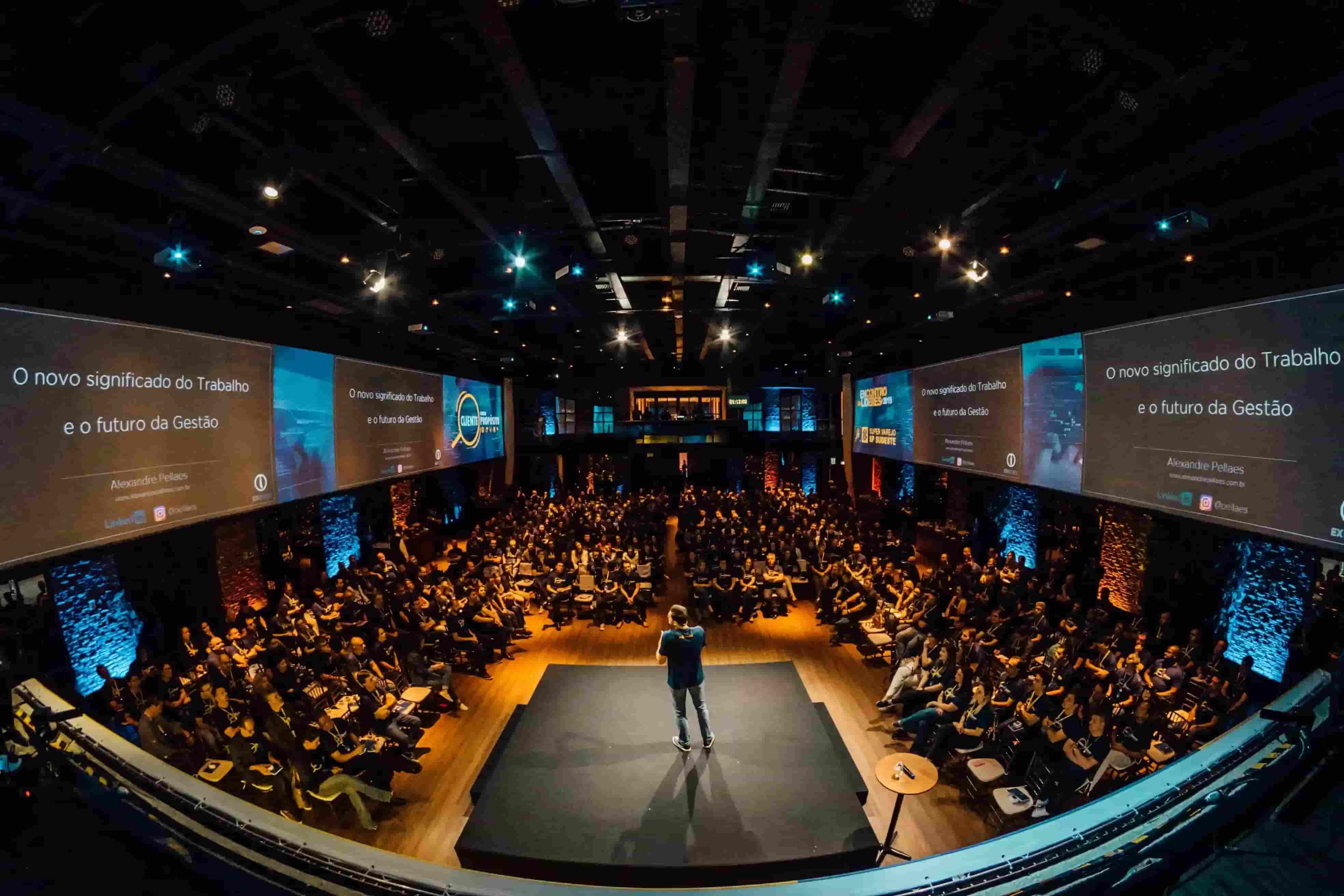
Sustainable events take into account factors to reduce the environmental impact of their activity. Any event will generate, in one way or another, an ecological footprint in our environment. Therefore, it is in our hands to design it in such a way that this impact is minimized, or even to carry out actions to compensate for it. Not just to be neutral, but to promote actions to improve the ecosystem.
In this sense, organizing sustainable events is a responsibility of companies that can go beyond communicating an ecofriendly image to their audiences. It involves demonstrating that the brand or institution is socially committed, for which it plans a series of actions aimed at the sustainability of the event. Here we gather 5 ideas that can serve as inspiration.
Examples of sustainable events for companies
This study from the University of Freiburg, in Germany, analyzes the carbon footprint of traveling to a series of conferences. Specifically, the last seven General Conferences of the European Consortium for Political Research (ECPR), with up to 2,000 participants. The document shows that the carbon footprint of travel from a single conference can amount to more than 2,000 tons of greenhouse gases, as much as what approximately 270 citizens of the United Kingdom emit in an entire year. The average participant produces between 500 and 1500 kg of CO2 per conference.
1. The event location
In this regard, the emissions associated with the location of the event venue must be taken into account. In this case, choosing a city or a location that is as accessible as possible to most participants is fundamental to its sustainability. For a simple example, for a company event, it is not the same to celebrate it on an island that can only be accessed by plane as near the company headquarters, where most employees can arrive on foot.
2. Train or shared mobility
The organization can promote land travel options with a lower environmental impact than the plane, with the goal that participants travel by train or share a coach. In this sense, attendees can be informed of these possibilities, raising awareness of the problem of carbon emissions induced by travel. Even discounts or some type of awards can be promoted for those who make the most outstanding efforts to attend reducing their carbon footprint.
3. Reduction in resource use
The reduction in the use of resources is key for sustainable events. In this sense, it involves cross-cutting planning, affecting all levels of the event. From something as basic as paper consumption, facilitating, for example, that most of the management and accreditations are digital. To energy, if possible, making the most of sunlight. Or even, holding the event outdoors to not need artificial lighting. Likewise, providing the event with renewable energy sources and making good use of electricity, in general, are other key aspects.
4. Telematic attendance
Another option is to give the opportunity to participate online in the event. Online events produce a much smaller, almost insignificant, environmental impact compared to the rest. Making the event hybrid, in-person and online, is a great option for its sustainability. This is a reality on the rise due to the COVID-19 pandemic.
5. Delivering Sustain Awards' sustainable trophies
Award presentations, trophies, or commemorative plaques are common at events. Therefore, Sustain Awards is a great option to ensure your event is sustainable with our selection of eco-designed awards made from recycled materials. Our trophies reduce environmental impact by 80% compared to the rest. Additionally, they can be personalized or even custom made. The perfect partner to responsibly convey the values of your company or organization.







